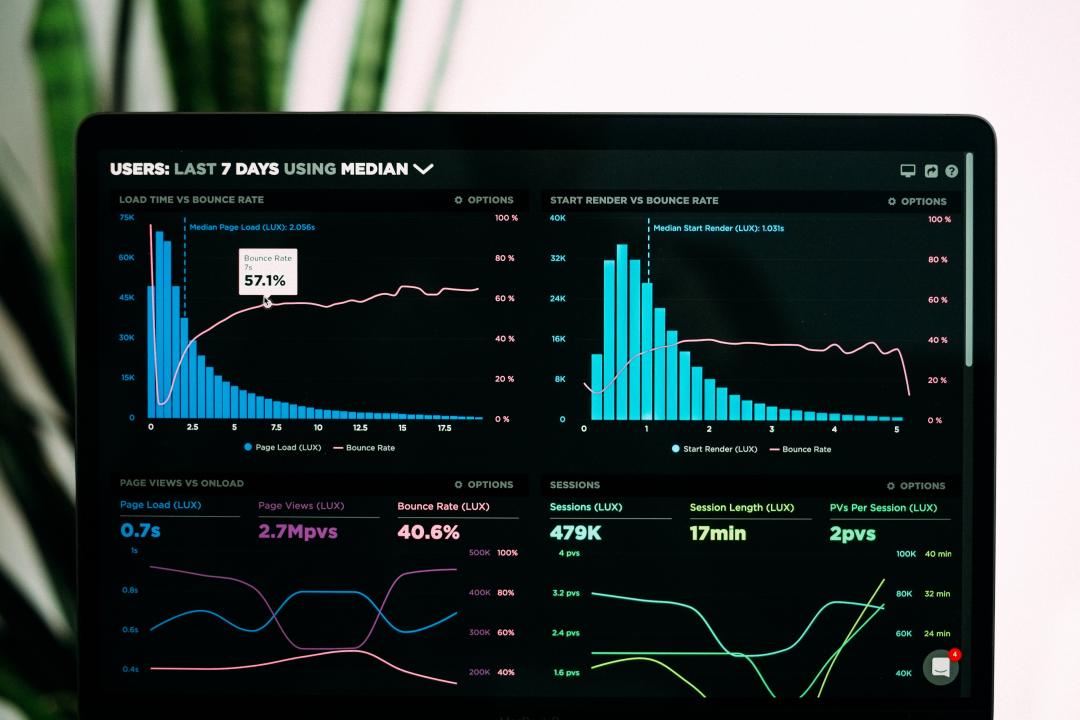
Covid-19 highlighted one of the main challenges in healthcare: the sharing and protection of data

In the healthcare sector, the sharing of data is driven by the necessity to solve both local organizational issues, such as reducing workloads and increasing profits of a medical agency, and the global problems of humanity, such as forecasting epidemics and combating existing diseases more efficiently.
The Healthcare data ecosystem is constantly evolving. New technologies produce new data sources, data types, and data uses, which precipitate more rapid and complex data sharing. A various number of institutions with different needs are involved in the collection, transfer, and use of information about patients. Hospitals aim to better manage all patient’s data to easily access to medical record; researchers, dream to analyse a large and targeted amount of data to improve research results; patients, expect to have control of their health status and to protect their privacy. There are multiple ways to spread these data, from paper document, clinical analysis, images to data provides by app and wearables. Every institution store and control information in a centralized way exposing companies to the risk of frauds and limiting the pooling of data.
How to unlock the potential of health data guarantying security and privacy?
Healthcare must move towards widespread and siloed data to a connected ecosystem with a clear ownership, transparent, privacy preserving and secure exchange data management. KRAKEN project aims to provide trusted and secure, scalable and efficient personal data sharing and analysis marketplace leveraging on blockchain technology and Self Sovereign Identity approach.
The major breakthrough is to give back to the user full control on its data. KRAKEN empowers users in collecting, storing and managing consent to share data with whom and when they want. Meanwhile, the blockchain ensures the security, integrity, privacy and certifiability of sensitive and health data, complying with the recent provisions of the European GDPR regulations. The creation of a chain, or rather a network, of nodes (blocks) enables the secure archiving of transaction and controlling, approving all the transactions. Thanks to this mechanism, all the information exchange among patients, hospital and researchers are traceable, unchangeable and stored in a secure decentralized way.
Through these systems, a citizen could prove that he or she has tested negative for a swab, that he or she has carried out a vaccine or even that he or she has the necessary characteristics to receive a subsidy without having to provide further personal and sensitive data to governments, doctors, scientists or any other public bodies. A citizen could receive and better manage many different information. Through this system, personal data would only be owned by the citizen and would not be registered with others. In addition, using encryption, the user would be able to claim the possession of an information without having to share other personal information that is not strictly necessary, thus ensuring maximum respect for their privacy.
The Covid-19 crisis helped institutions, government and citizen to understand the importance of creating a connected and secure ecosystem to improve the efficiency and effectiveness of health research and development. Data collection, share and analysis make it possible both to identify diseases of an individual and to predict the state of health of entire social groups. KRAKEN main aim is to make it real developing a trusted marketplace with health data.

Authors
Francesca Podagrosi, Marketing Strategy at INFOCERT S.p.A.